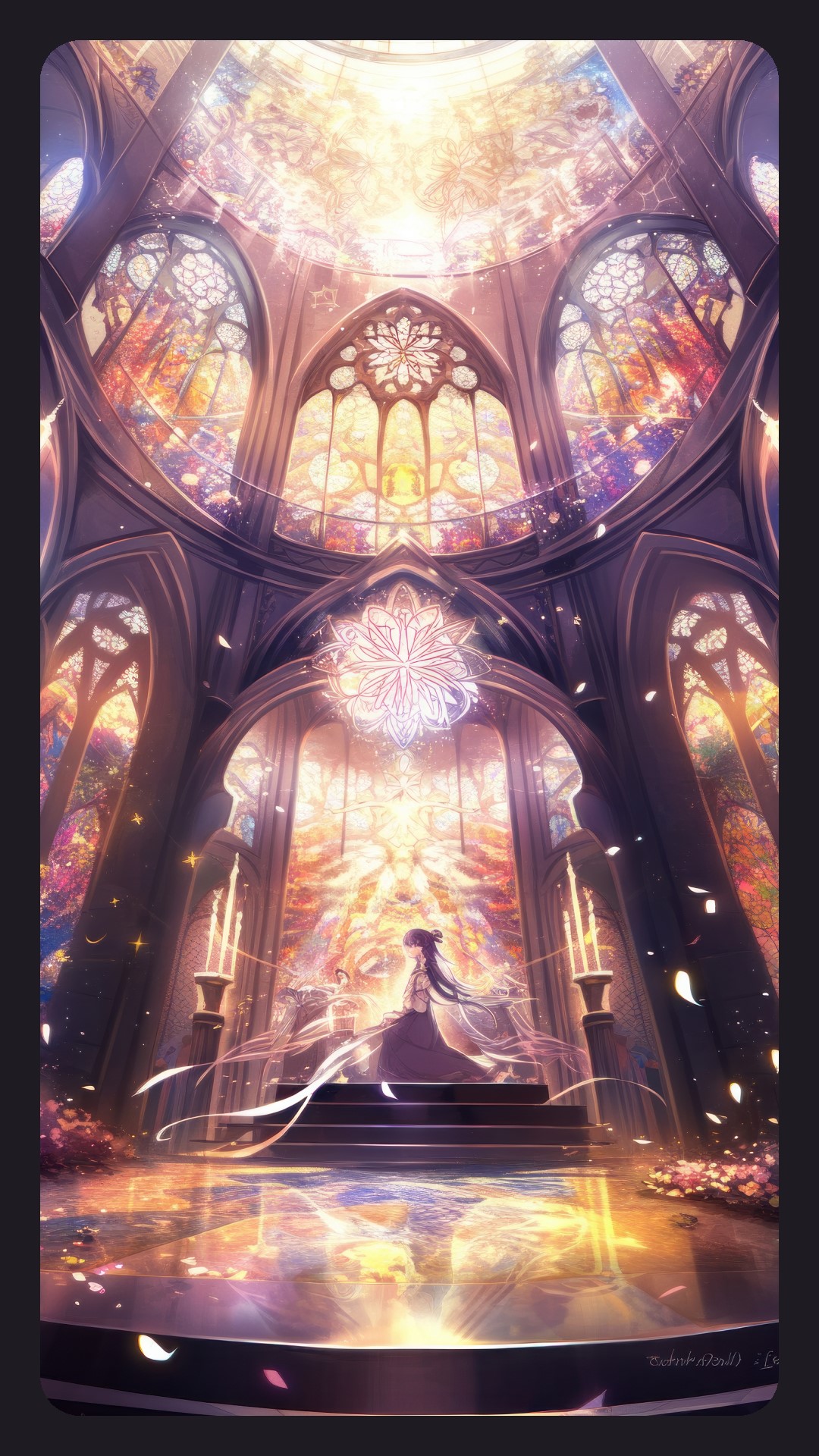Turanic Religions
'Is your religion a set of doctrines on behavior or a list of excuses for it?' - Scholar (Dead) Debating a Fanatic
The importance of religion in the lives of humanoids cannot be understated; at least in some parts of Turan. The Aemark Kingdom, for example, promotes religion with daily practice and as its fundamental culture. By contrast, nations adjacent to Aemark are primarily secular. Even the most devout of them, the Kaokut Coalition leverage religion as a 'guide for behavior' instead of a belief system.
 Religious ancestry and tradition in eastern Turan hew closely to racial divisions, with each of the different species preferring one religion over others. While atypical examples exist, they are few and hail all-but exclusively from Rundheart and other significant trade hubs. There are four widespread religions:
Religious ancestry and tradition in eastern Turan hew closely to racial divisions, with each of the different species preferring one religion over others. While atypical examples exist, they are few and hail all-but exclusively from Rundheart and other significant trade hubs. There are four widespread religions:
Religions of Eastern Turan

Turanic Religions by SK Kage (via MidJourney)
- The Rundic Three: The pantheon of Rundheart is by itself not formally named, but is practiced chiefly within Aemark rather than in Rundheart, which grew more worldly over time. It includes three deities: Vlandun, Ayhlun, and Drahkun. They portray or interact with the three parts of being: the mind, the spirit, and the body, respectively.
- Akaran Doctrine: The Kaokut Coalition does not include a pantheon, but adheres to a set of rules and behaviors defined by the ancient dwarven philosopher Akara. Akarans believe exploration of the self is accomplished through art and fine craft. Though Akara is a historical figure and not a deity, foreigners may perceive her as such due to the reverence with which Kaokutians speak of her.
- Gathers-Under-One: Aemark scholars admit 'Gathers-Under-One' is a poor translation of the religion's true meaning in Al'Orphic, but remains the best available description. It is the only theology of notable scale in the Al'Orphic Alliance and is largely a matter of tradition, not faith. In contrast to other Turanic religions, its pantheon consists of a single god, referred to as 'One.'
- The Turbulence: Although religion in the Xanthun Empire, and among elven colonies, matters minimally, the ever-changing deific collection of the Turbulence confuses outsiders. Instead of permanent or unchanging deities and traditions, Xanthun elves believe community and behavior bring gods into (and out of) existence. Thus, the Turbulence naturally (and frequently) adjusts with elven cultural upheaval (see Elf).
Religious Tolerance
There are two different characteristics to religious tolerance: attitude towards opposing religions; and towards sects within a religion. High tolerance of a foreign creed does not necessarily equate to equal treatment across multiple denominations of a religion. Rundheart is the most forgiving of the five nations and, either as cause or effect, highly secular. Because of their dependence on trade, exhibiting anything but acceptance for visiting merchants deteriorates quality of life for its citizens. It has, in fact, enshrined such tenets in law, with punishment for faith-based discrimination or violence carrying heavy retribution. The capital is the only in eastern Turan to provide major facilities for all four religions. Though the Rundic Three remains dominant, few observe the daily rites and most attend a handful of significant annual events. The Aemark Kingdom is the opposite of Rundheart. The King and High Council define, by decree, both the religion (the Rundic Three) and the specific sect (Ald Yvren) of the nation. Technically, though the law does not codify a penalty for practicing other religions, an aggressive stance against other doctrines and sects is commonplace. Strangely, non-humans do not usually experience difficulty (at least, not for their beliefs). Xanthun elves tolerate almost any schism in the Turbulence and eagerly learn the differences between them. Elves typically shift between different ones over the course of their life, sometimes several times in a single decade. Whatever best fits their current philosophy overrides previous conviction. Other religions are mostly ignored or dismissed as 'too strict' and 'boring.' Kaokutians carry high expectations for their citizenry regarding their adherence to the Akaran Doctrine. The specifics of any one denomination are viewed as growth and foster debate. Kaokutians treat the core Doctrine as a slowly evolving construct. The Coalition welcomes the formation of new factions bearing fresh ideas, but the dominant group sets the tone for discussion. Non-Akaran religions are tolerated. However, Akarans habitually try to 'correct' non-Akarans through extensive explanations of theology and logic. Lastly, the Al'Orphic Alliance would state they have 'moved beyond religion' in favor of secularism. Despite this claim, the traditions of Gathers-Under-One are intrinsically woven into everyday rituals. Choosing to not practice the sacraments and duties of Gathers-Under-One engenders a cultural stigma. No Al'Orphic would openly challenge such behavior, but would feel no obligation to help or assist non-practitioners. Foreigners who visit the Alliance are provided leeway and fair treatment. If staying for extended periods, with a semi-permanent research association for instance, they are expected to adopt Gathers-Under-One tenets.Faith of Yvren, AeM
Specializing in rearing children in the proper tenets of the Rundic Three, Faith of Yvren ensures your child will grow into a true Rundic! I find this disturbing, but that's how I usually feel about Aemark and the Rundic Three.Faith and Religion
Written by Sheyla Enelladalcol Aeleat
Edited by Shikya Enelladalcol Aeleat
Mindcepts by Ella Enelnasalcol Malric
Edited by Shikya Enelladalcol Aeleat
Mindcepts by Ella Enelnasalcol Malric
and Alvix Tuvar



Comments